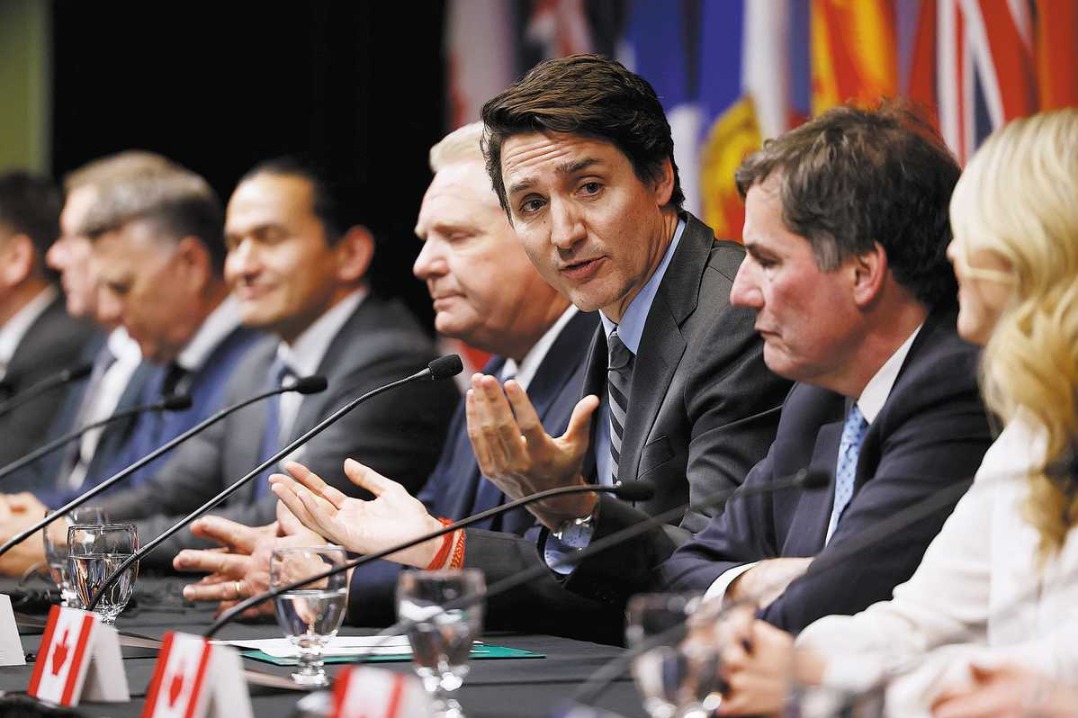Opposition to TikTok aims to stifle competition


The drama in the saga concerning popular social media app TikTok continues, with United States President Donald Trump first setting a 45-day deadline for Byte-Dance, TikTok's parent company, to sell its US operations, and then demanding that a share of the sale proceeds be paid to the US Treasury.
Speculation continued to mount over TikTok's talks with US technology giants amid reports that the company may relocate its headquarters to London, an announcement that drew a positive response from British Prime Minister Boris Johnson, but was criticized by the Conservative Party's anti-China fringe.
Amid this controversy, there is one strategic point that observers have failed to notice in regard to disdain for TikTok and the challenge the app poses to the global allied surveillance and data sharing network known as Five Eyes.
With a Reuters report having stated that Microsoft may be looking to buy TikTok's operations in Australia, Canada and New Zealand, a clear pattern emerges.
While critics argue (without evidence) that the app is sharing data with China, in practice these countries are disdainful of a major social media network that doesn't fall under their own data collection systems. That is why there is an obsession with having a US tech giant control it.
The US crusade against TikTok is simply about preserving American technological hegemony and aggressively stifling competition.
The fact that the US president himself is using threats and coercion to push this deal through is self-explanatory, not least as much as it is an unacceptable abuse of power by the American government to undermine rival companies.
TikTok is a video-sharing app. While it is commercially successful, it does not appear to be a "strategic technology" like Chinese telecommunications giant Huawei that can change the balance of power between two countries. So what is the issue that links it to great power politics?
The answer is data-albeit from a different angle. TikTok is the first globally successful social media app that exists beyond the power of US technology giants.
Its rise to become the most downloaded app in the world is not a surveillance threat (as this has never been proved), but it undermines the global surveillance operations of America and its allies by putting a new generation of young people beyond their reach.
In the US, PRISM and ECHELON, both surveillance programs, harvest data from Silicon Valley giants and distribute it among the other Five Eyes partners: Australia, Canada, New Zealand and the United Kingdom. Google, Microsoft, Facebook and others participate in this.
It is imperative for the US and its allies to keep this system in place by ensuring that global social media remains under their control, giving them a strategic hold over the entire world.
TikTok challenges this not because it allegedly shares data with China, but because it denies them access to data of their own citizens. It exists beyond their sphere of political power.
That is why the US is obsessed with ensuring that a US company such as Microsoft controls it, so that TikTok becomes co-opted by default (as Microsoft is a participant) in these programs, thus allowing the National Security Agency to gain insight into 80 million Americans that they previously did not have.
This explains why its potential sale may expand into three of these other countries as well.
Attacks against the app are a form of projection. It's not so much about "China stealing data" (for this is just a politicized story), but the fact that the US government itself cannot do what it accuses Beijing of in this instance.
This makes sense when one understands the broader scope of the technology war to effectively be the Five Eyes coordinating against Chinese technology companies, as has been done with Huawei.
These five countries build their power by maintaining dominance over all communications and networks as part of a global surveillance effort. China is only a threat because its technological successes have challenged this monopoly.
As a result, TikTok has a five-eyed monster coming after it that isn't trying to protect the data of users, but trying to steal the data for its own nefarious purposes.
The writer a British political and international relations analyst. The views do not necessarily reflect those of China Daily.
































